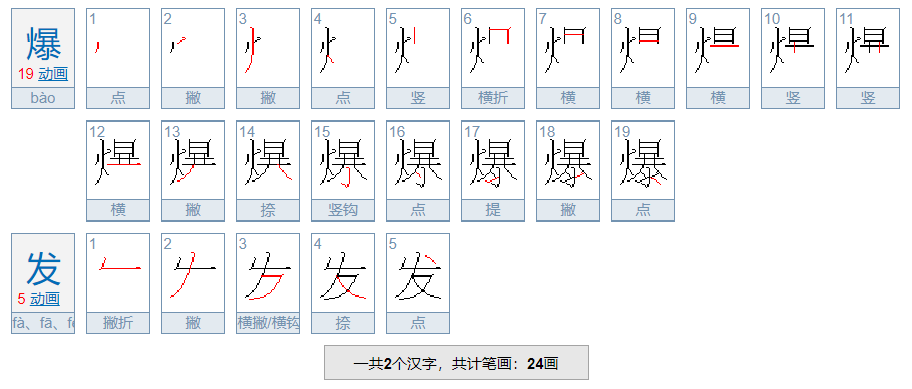compare with还是compared with的用法
的有关信息介绍如下:它们的区别是:compare with为主动语态,可以说compare A with B,把A和B作比较;compared with为被动语态,A is compared with B,A被拿来和B作比较.
一、compare with
读音:英 [kəmˈpeə(r) wɪð] 美 [kəmˈper wɪð]
释义:与…相比;比得上,可与…相比
例句:I can't compare with him. 我不如他。
语法:当compare被用作不及物动词时,由于在估计相似之处,英式英语中常常使用with。
例句:His achievements do not compare with those of A. J. Ayer.他的成就无法跟A.J.耶尔的成就相比。
二、compared with
读音:英 [kəmˈpeəd wɪð] 美 [kəmˈperd wɪð]
释义:和…比起来
例句:He's a pygmy when compared with great musicians. 他和伟大的音乐家相比就成了侏儒。
语法:冲携
你得看逻辑关系,看是主动还是被动,不过比较一向是被动的,所以compared with就比较常用.
Compared with others' houses , ours is small and old.和别人的房子相比,我们的房子又小又旧。
你看这句,ours是主语,是“被”比较,跟什么比较呢?跟others' houses 比较.
Comparing others' houses , I find ours is small and old.相比于别人的房子,我发现我们的房子又小又旧。
主语是I,所以Compare是I发出的动作,但不是谓语哦,谓语是find. 例如:He left, leaving the door open.

compare的用法、句型与搭配:
一、 表示“把……与……比较”,通常用compare…with…,但在现代英语中,也可用compare… to…,或者用compare…and…。
例句:
1.If you compare his work with [and] hers, you’ll find hers is much better. 要是把他俩的工作比较一下,就会发现她的好得多。
2.Having compared the new dictionary with [to, and] the old one, he found the new one more helpful. 将新旧词典比较之后,他发现新词典更有用。
二、表示“把……比作……”,通常用compare…to…枯耐,一般不用compare…with…
例句:
1.Shakespeare compared the world to a stage. 莎士比亚把世界比作舞台。
2.The poet compares the woman he loves to a rose. 诗人把他所爱的女人比作玫瑰。
三、在compared to [with](与……相比)这一习语中,用to或with已没什么区别。
例句:
1.Compared with [to] him, I’m just a beginner. 和他相比,我只是一个初学者。
2.Compared to [with] many women, she was very fortunate. 和许多女人相比,她算是很幸运的了。
四、用作不及物动词时,其后习惯上只接with,多与情态动词can连用,表示“比得上”“能与…散败伏…比美”,但一般用于否定句或疑问句中。
例句:Nothing can compare with wool for warmth. 没有比羊毛更暖和的东西了。



